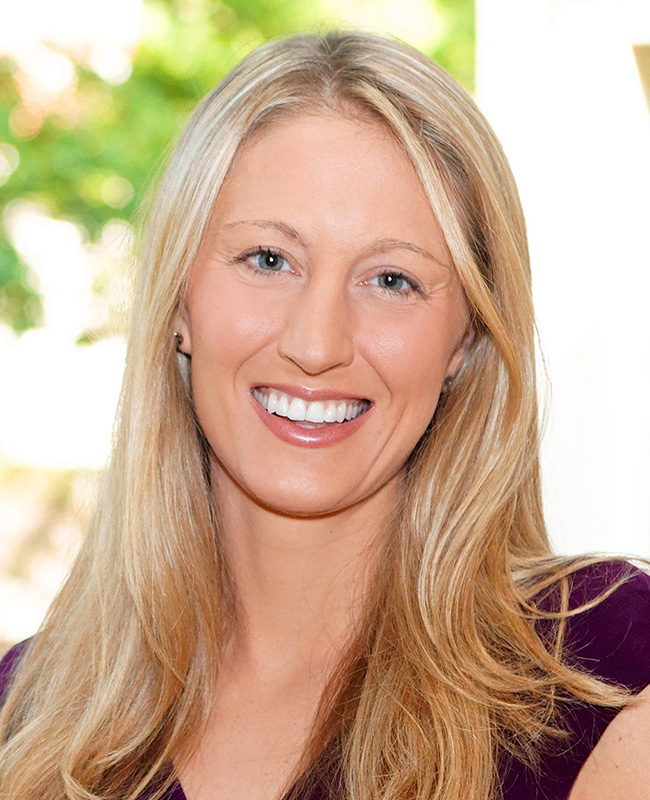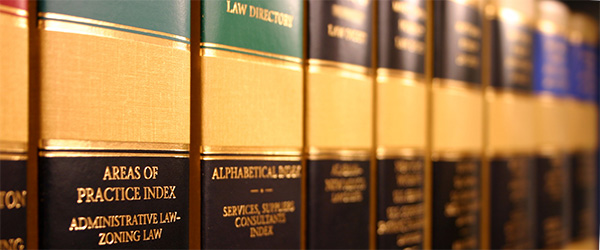Many people confuse labor and employment law, which are two distinct but related practice areas that focus on issues that arise in the workplace setting. Labor law involves disputes and negotiations among unions and employers and is limited to that relationship. Employment law concerns the laws that regulate the workplace, including race, color, sex, religion, national origin, age, and disability discrimination; wages and hours; safety and health; workers’ compensation; negligence and intentional torts; wrongful discharge; and contracts arising from handbooks and other company documents. Recently, employment lawyers’ roles have expanded further. Today’s employment lawyers may find themselves counseling clients about legal issues surrounding vaccine mandates and ensuring health data privacy of employees.
Lawyers in this field are often involved in dispute resolution. As a result, students pursuing a career in labor and employment law may want to take advantage of those types of courses. Moreover, students should take classes in any intersecting area of interest. For example, if a student wants to represent teachers in employment disputes or for a teacher’s union, the student should be sure to take Education Law.
Within the private sector, labor and employment lawyers can be found in a law firm of any size. Here, too, lawyers who tend to represent employees tend to be in solo or small firms, while lawyers who tend to represent unions or employers tend to be in mid to large size law firms. Particularly for employment lawyers, in house opportunities are available in all economic sectors. Within the public sectors, there may be opportunities within different government agencies like the Equal Employment Opportunity Commission, or analogous state agencies and state attorneys general offices. There may also be positions at non-profit and legal services organizations, such as Legal Aid.
Courses
Courses designated as "primary" are foundational, while those listed as "secondary" contain relevant and related content. "Co-curricular" courses are credit-bearing extra-curricular activities, while "experiential" courses are practice-based offerings. Please keep in mind that the focus of any course will vary depending on the instructor.
Primary Courses
Secondary Courses
Experiential Courses
Faculty
The following faculty are knowledgeable about the topic and may be a useful resource for you.

Professor of Law

Professor of Law

Research Professor of Law

Professor of Law


